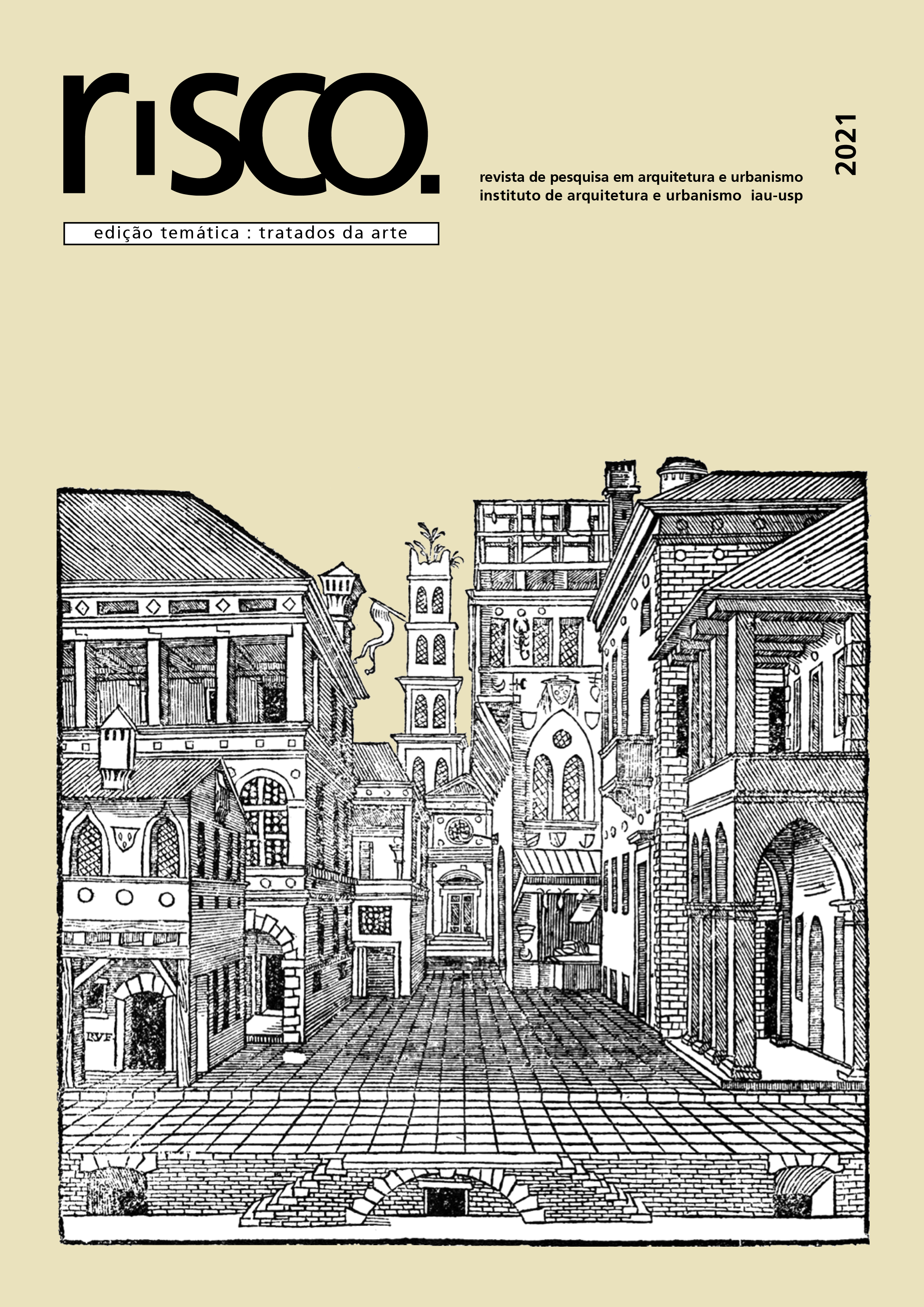The Treatise of beauty or the Questions on the origin and nature of belo 1752 and some of its developments in the salons of 1763, 1765 and 1767 (and in the essays on the painting that complete the salons 1765): some writings by Denis Diderot on the beautiful and the arts
DOI:
https://doi.org/10.11606/1984-4506.risco.2021.167078Keywords:
Diderot, History of arts, CriticismAbstract
The intention of this article is to clarify some aspects of philosopher Denis Diderot’s aesthetic reflection, tying to connect both his works The Treaty of Beauty with a selection of passages from his Reports of the Salons. The Treaty was edited as an entry about beauty in the Encyclopédie in 1752. It is a treaty both in the doctrinal style employed, as it also is due to the epistemological method that seeks to find in the origins the true nature of beauty. The reports on the Salons and the Essays on Painting of 1765 are considered Diderot’s most important writings about art. In them, the philosopher applies and questions his theories in the practice of the critique of art.
Downloads
Downloads
Published
Issue
Section
License
Copyright (c) 2021 Frédéric René Guy Petitdemange

This work is licensed under a Creative Commons Attribution-NonCommercial-ShareAlike 4.0 International License.
Autores que publicam nesta revista concordam com os seguintes termos:
a. Autores mantém os direitos autorais e concedem à revista o direito de primeira publicação, com o trabalho simultaneamente licenciado sob a Licença Creative Commons Attribution BY-NC-SA que permite o compartilhamento do trabalho com reconhecimento da autoria e publicação inicial nesta revista.
b. Autores têm autorização para assumir contratos adicionais separadamente, para distribuição não-exclusiva da versão do trabalho publicada nesta revista (ex.: publicar em repositório institucional ou como capítulo de livro), com reconhecimento de autoria e publicação inicial nesta revista.
c. Autores têm permissão e são estimulados a publicar e distribuir seu trabalho online (ex.: em repositórios institucionais ou na sua página pessoal) a qualquer ponto antes ou durante o processo editorial, já que isso pode gerar alterações produtivas, bem como aumentar o impacto e a citação do trabalho publicado (Veja O Efeito do Acesso Livre).

















